
Essentials of Taxation: Individuals and Business Entities 22nd Edition William A Raabe - eBook PDF install download https://ebookluna.com/download/essentials-of-taxationindividuals-and-business-entities-ebook-pdf/ Download
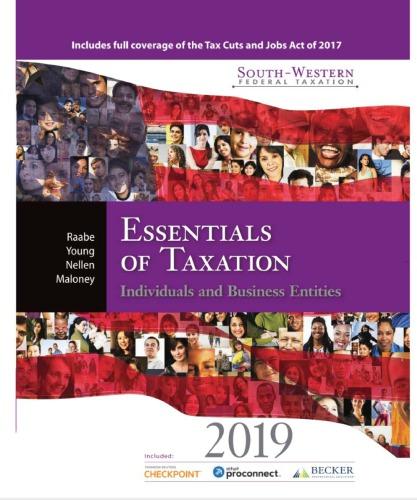
(eBook PDF) McGraw-Hill's Taxation of Individuals and Business Entities 2020 Edition 11th Edition
https://ebookluna.com/product/ebook-pdf-mcgraw-hills-taxation-ofindividuals-and-business-entities-2020-edition-11th-edition/
ebookluna.com
McGraw-Hill’s Taxation of Individuals and Business Entities. 2018 Edition Brian C. Spilker Et Al. - eBook PDF
https://ebookluna.com/download/mcgraw-hills-taxation-of-individualsand-business-entities-2018-edition-ebook-pdf/
ebookluna.com
McGraw-Hill’s Taxation of Individuals and Business Entities 2019 Edition 10th Edition Brian C Spilker Et Al. - eBook PDF
https://ebookluna.com/download/mcgraw-hills-taxation-of-individualsand-business-entities-2019-edition-ebook-pdf/
ebookluna.com
(eBook PDF) Essentials of Federal Income Taxation for Individuals 2017
https://ebookluna.com/product/ebook-pdf-essentials-of-federal-incometaxation-for-individuals-2017/
ebookluna.com
(eBook PDF) Canadian Income Taxation, 2019 - 2020 22nd Edition by William Buckwold
https://ebookluna.com/product/ebook-pdf-canadian-incometaxation-2019-2020-22nd-edition-by-william-buckwold/
ebookluna.com
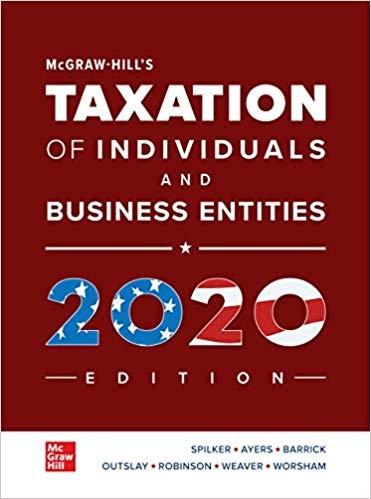

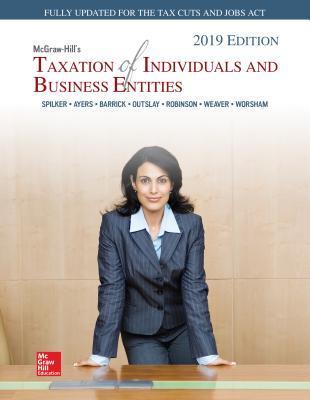


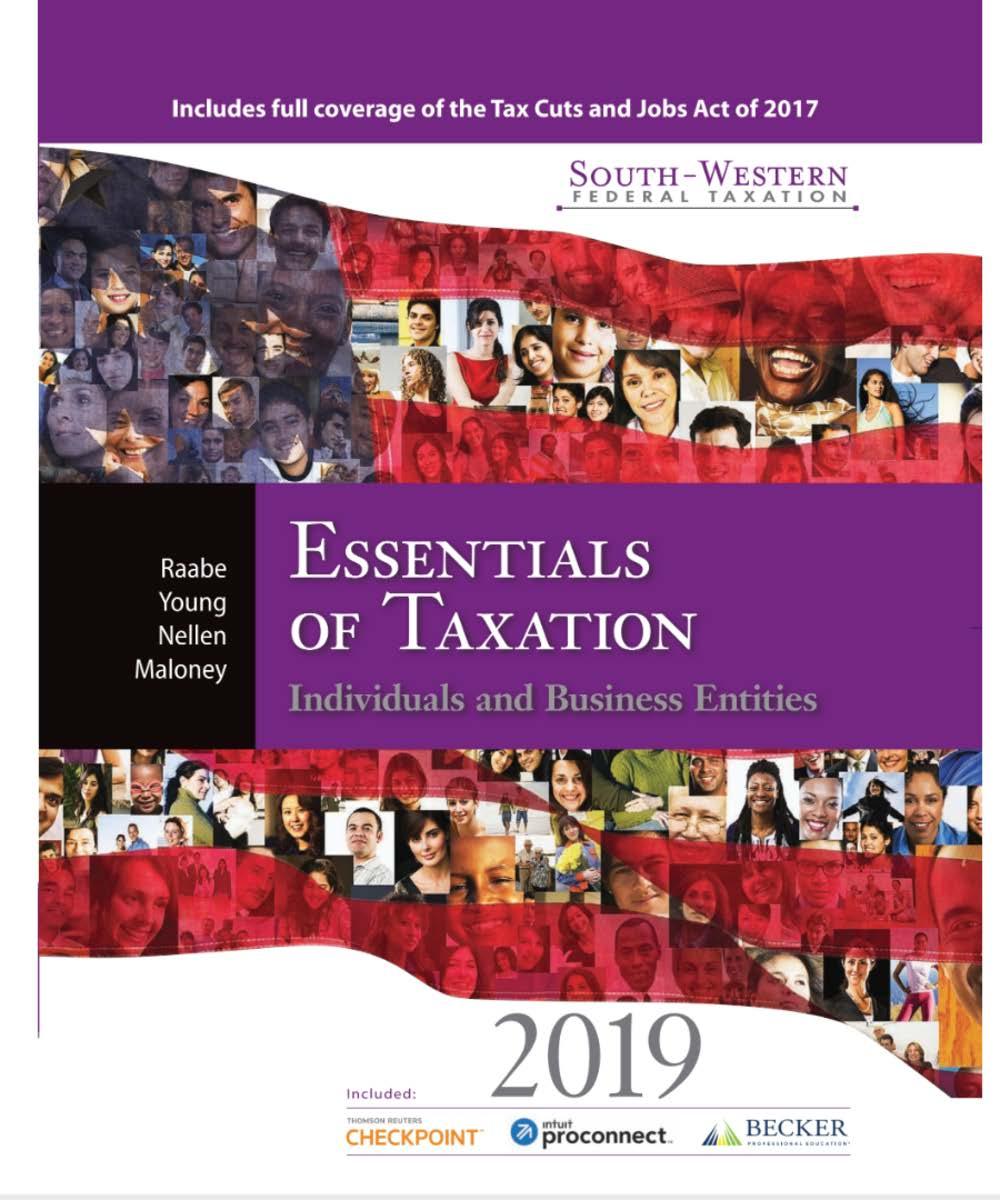
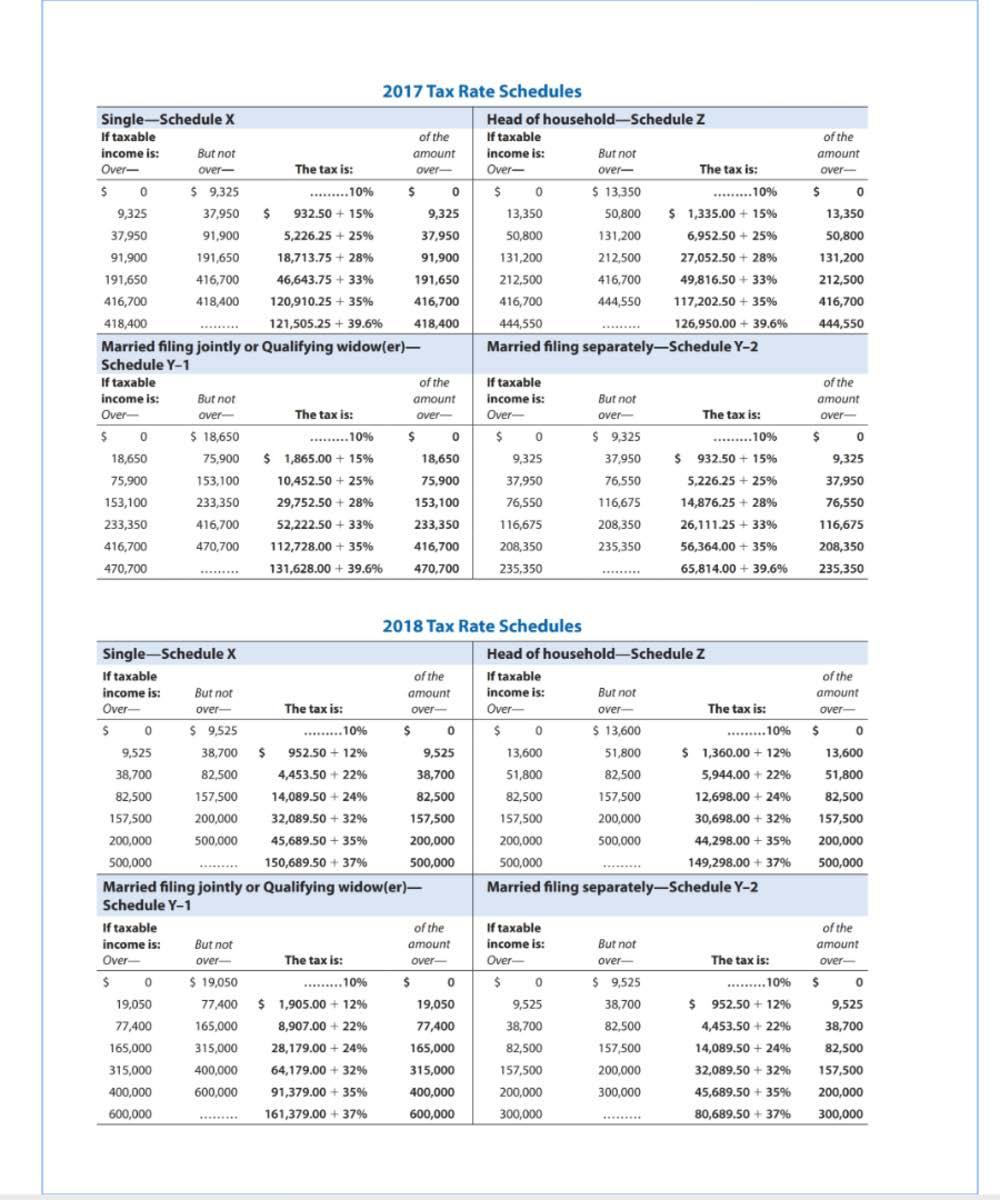
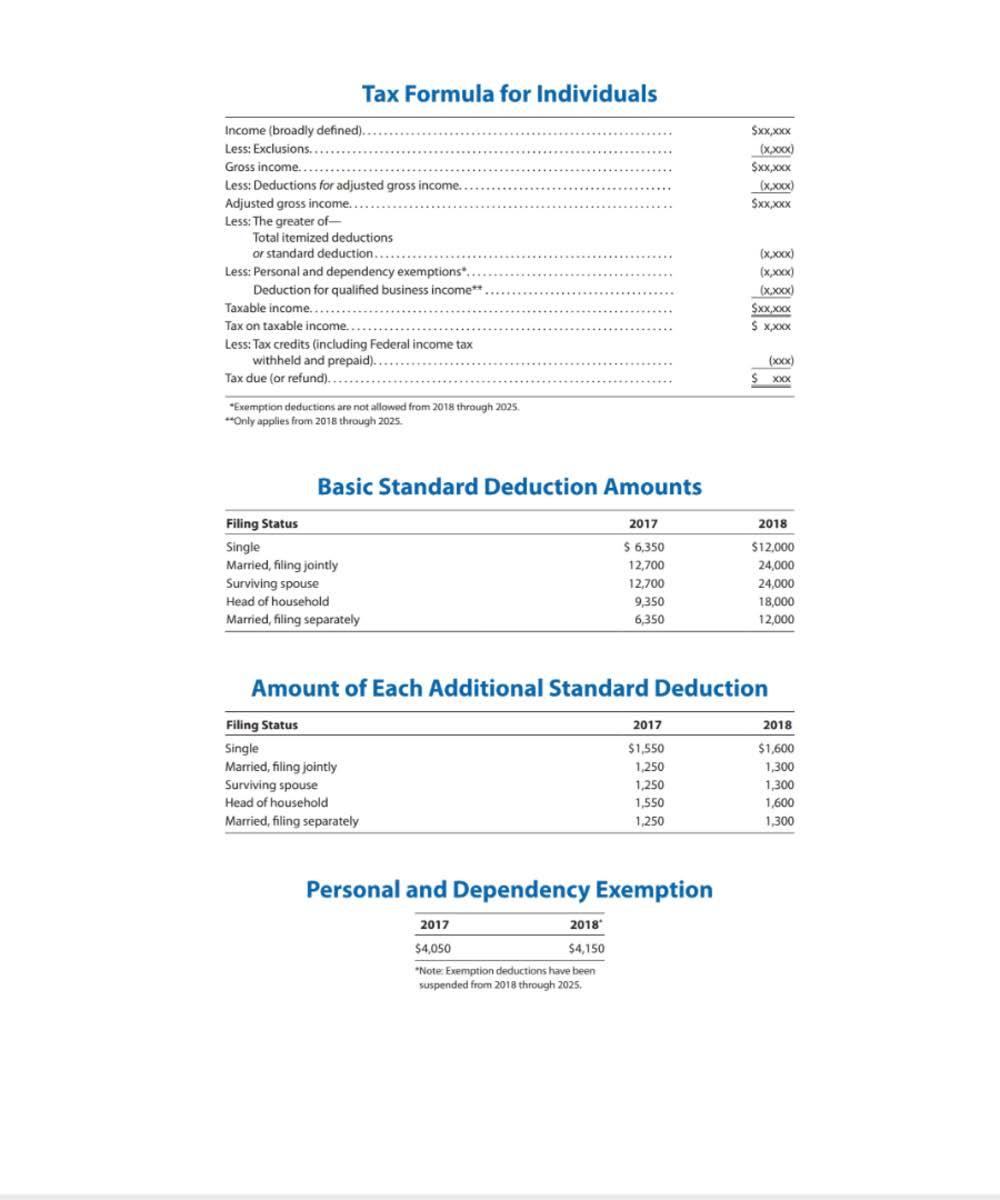


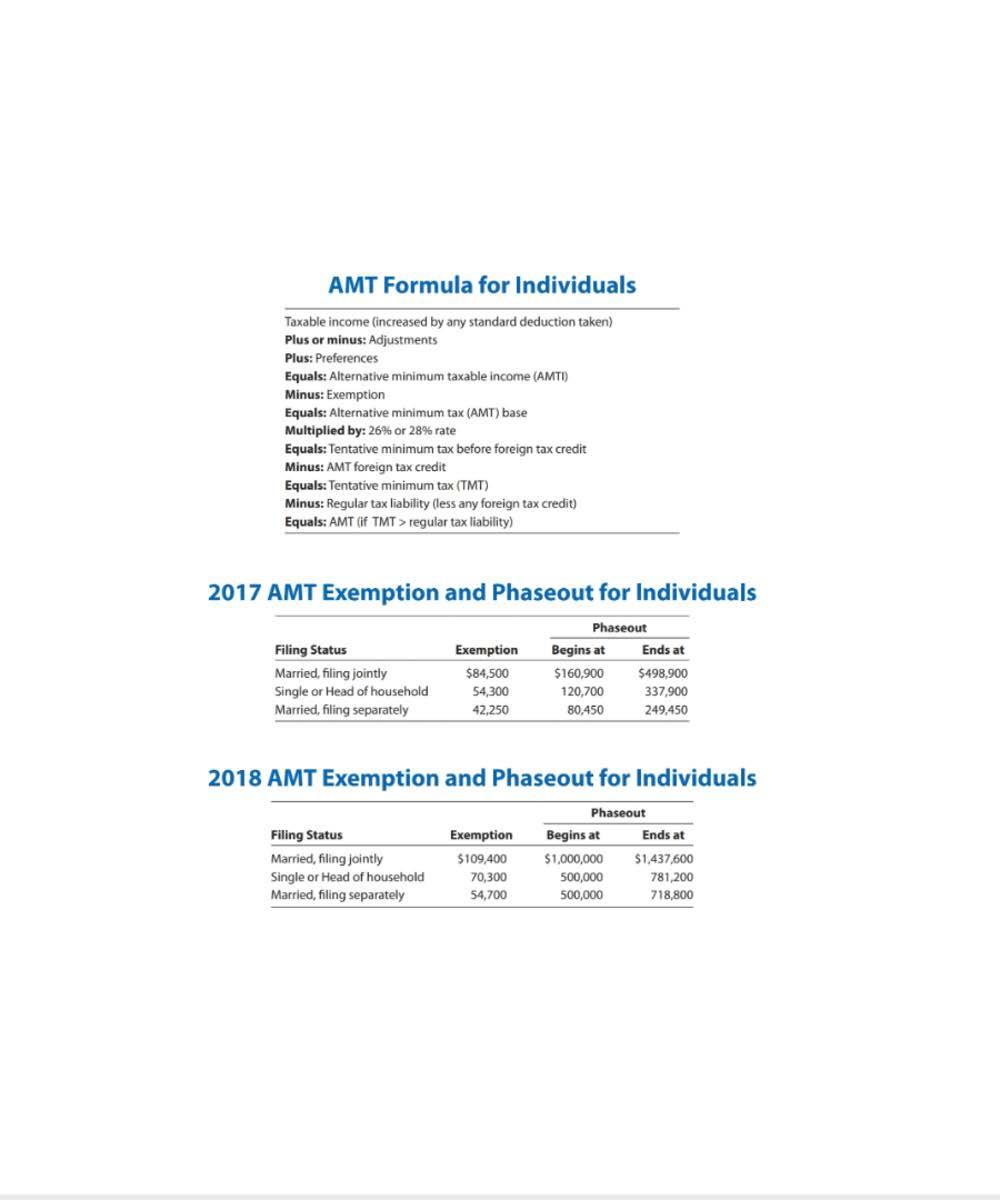

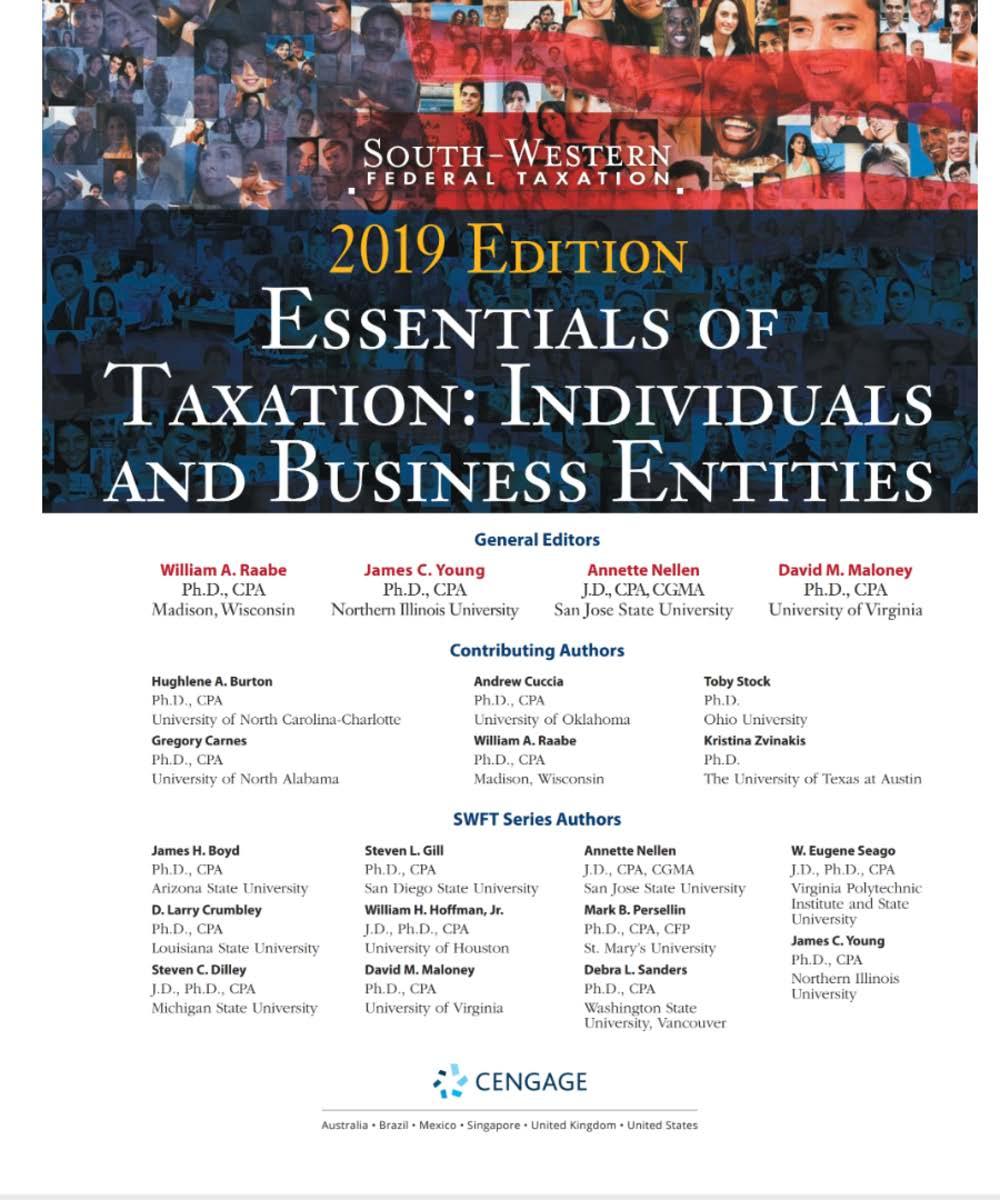

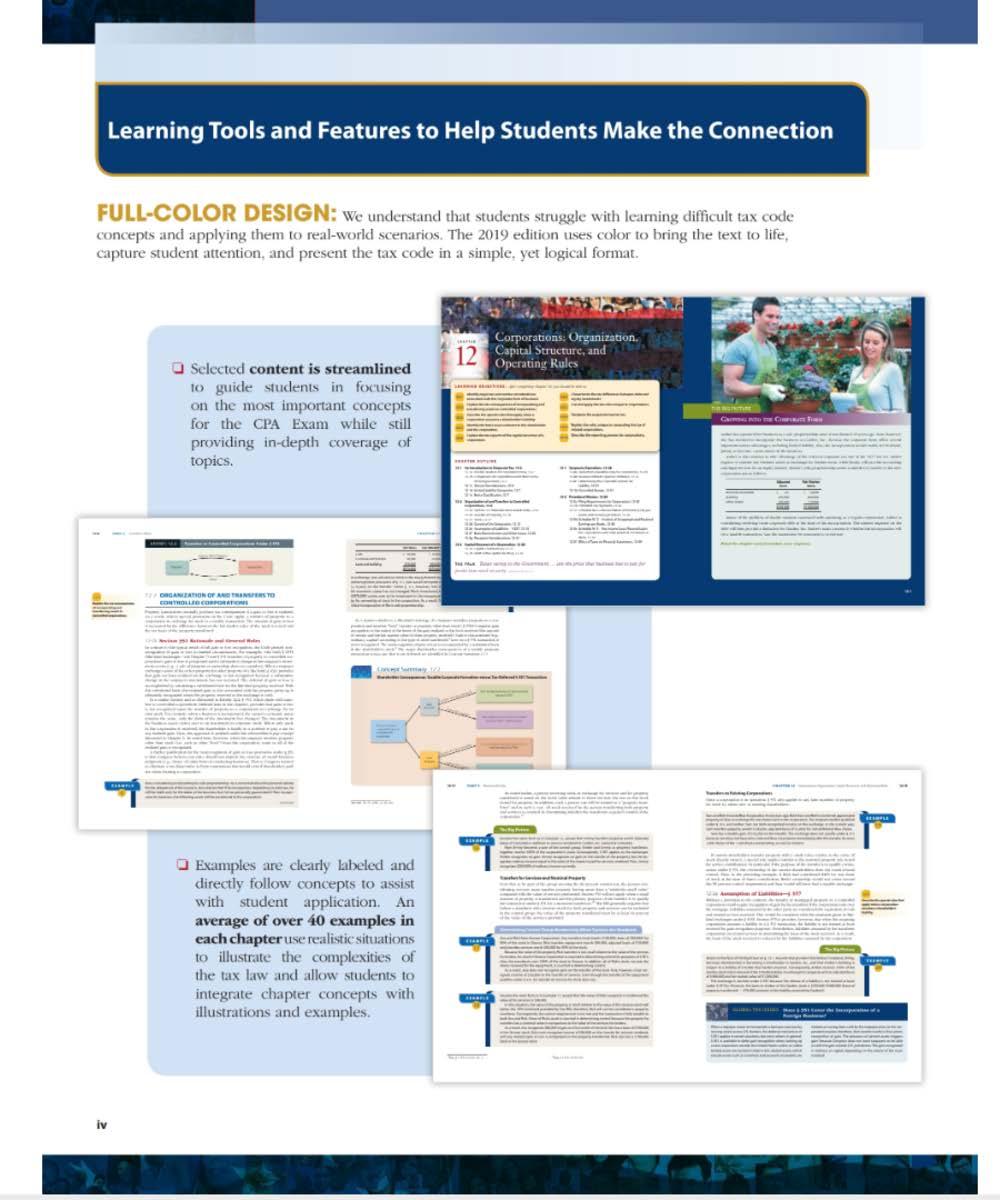
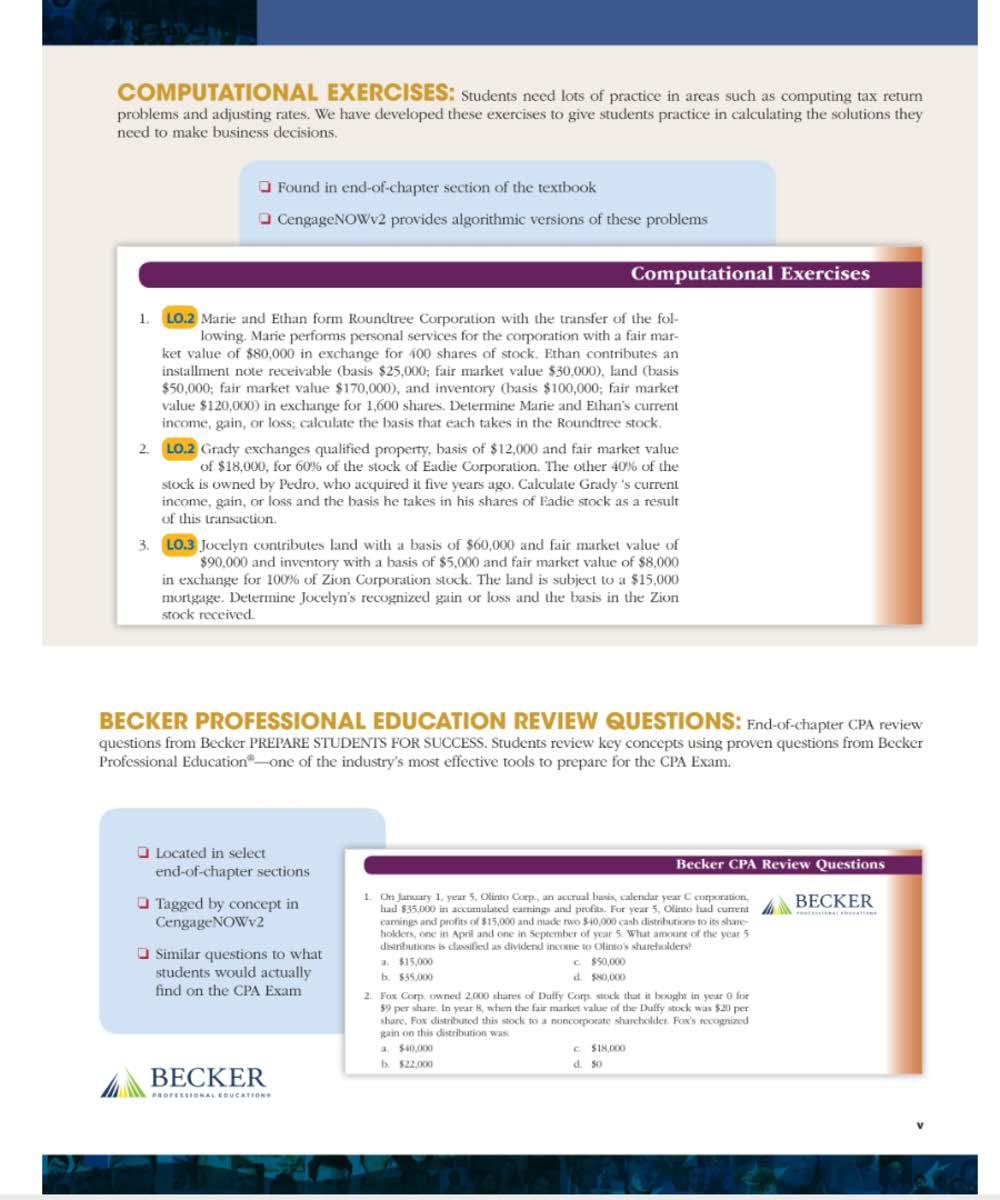
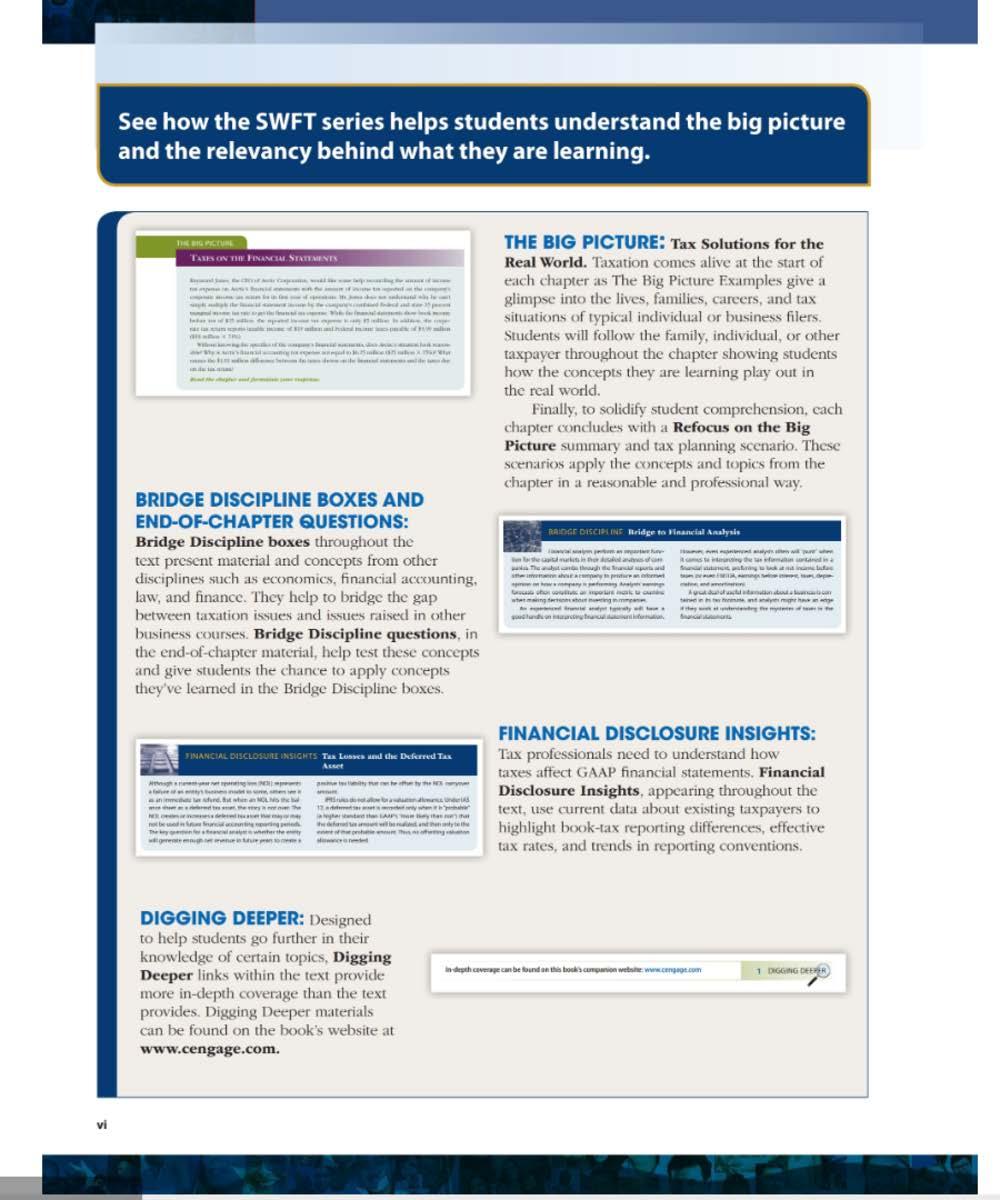
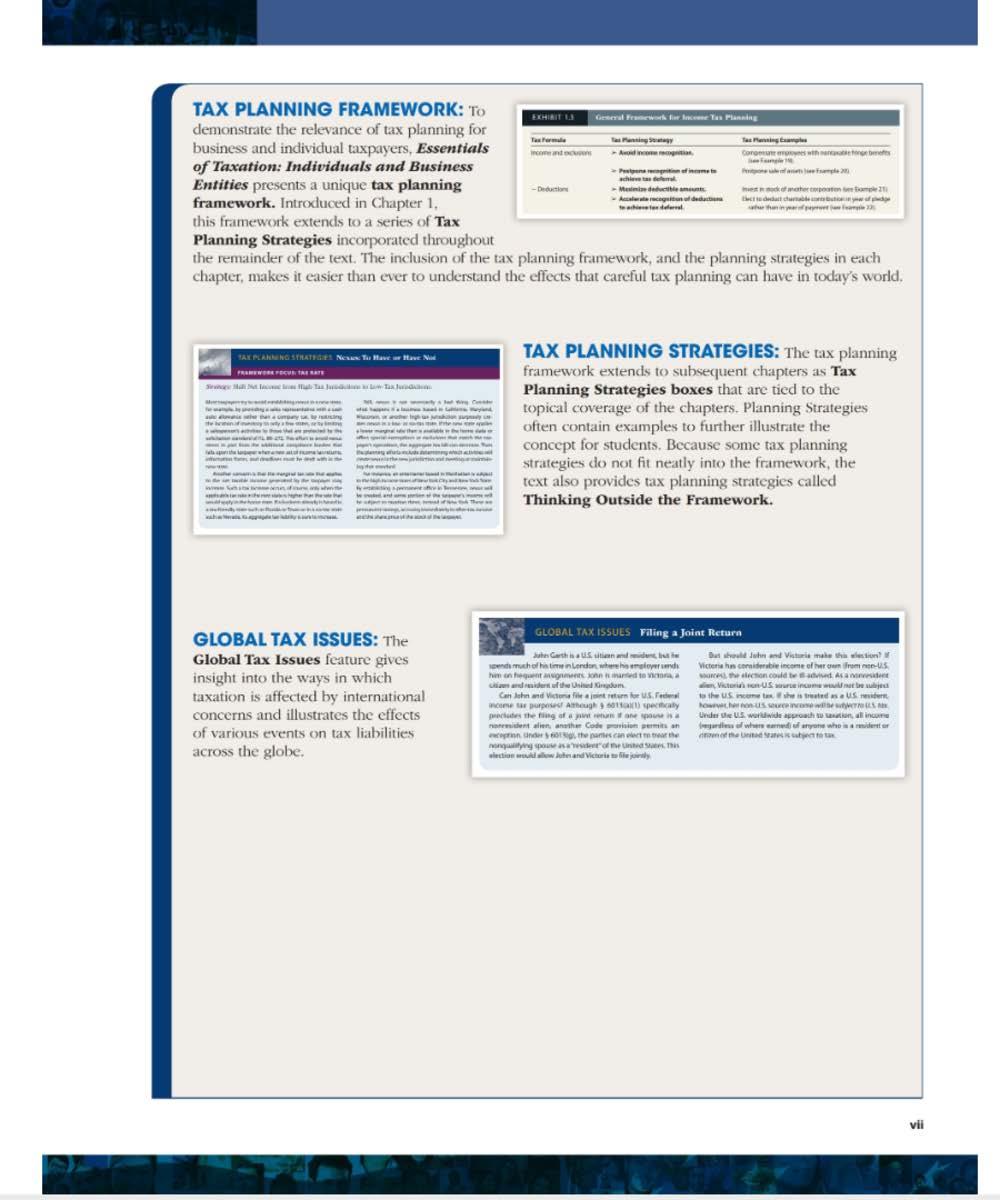
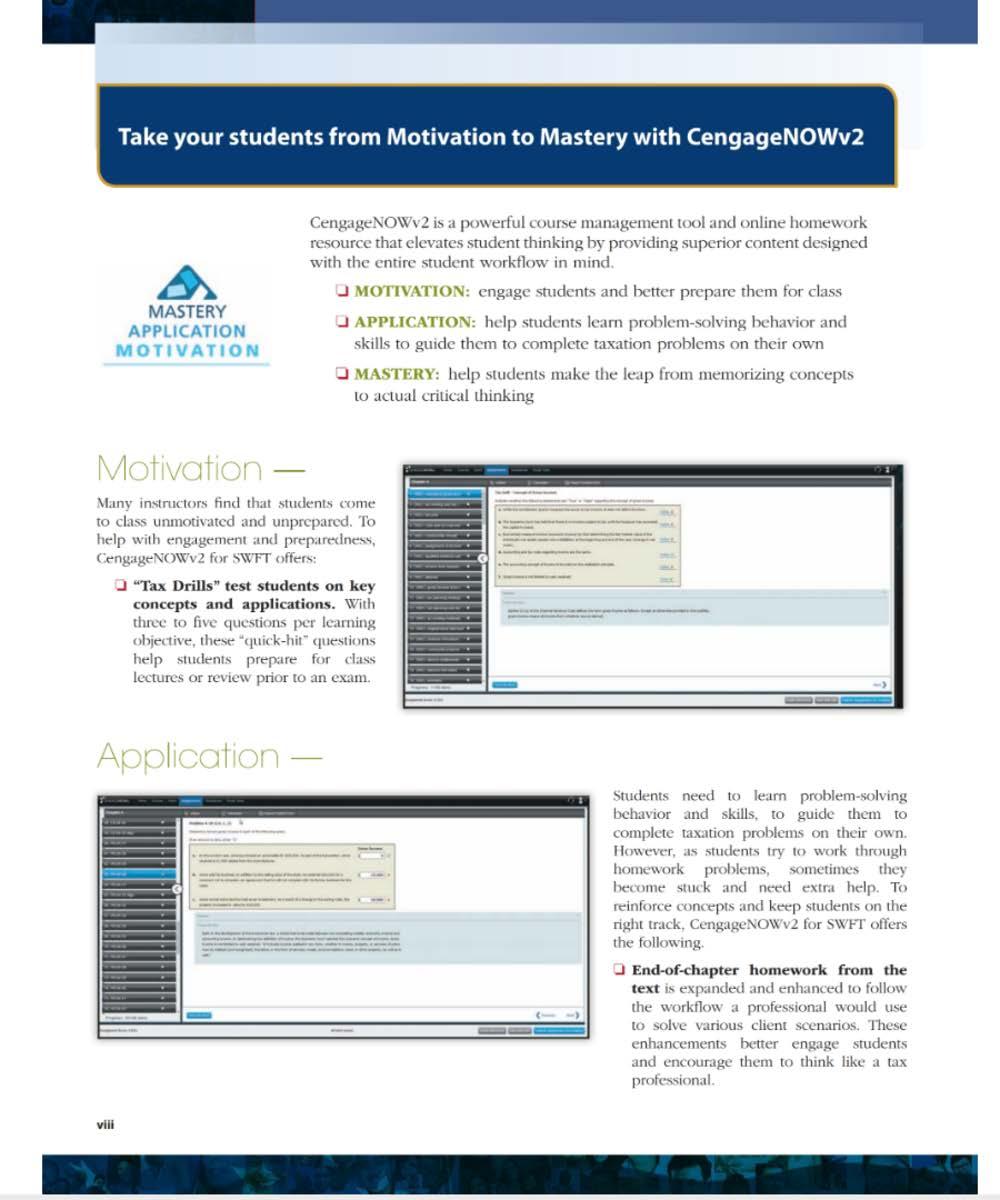
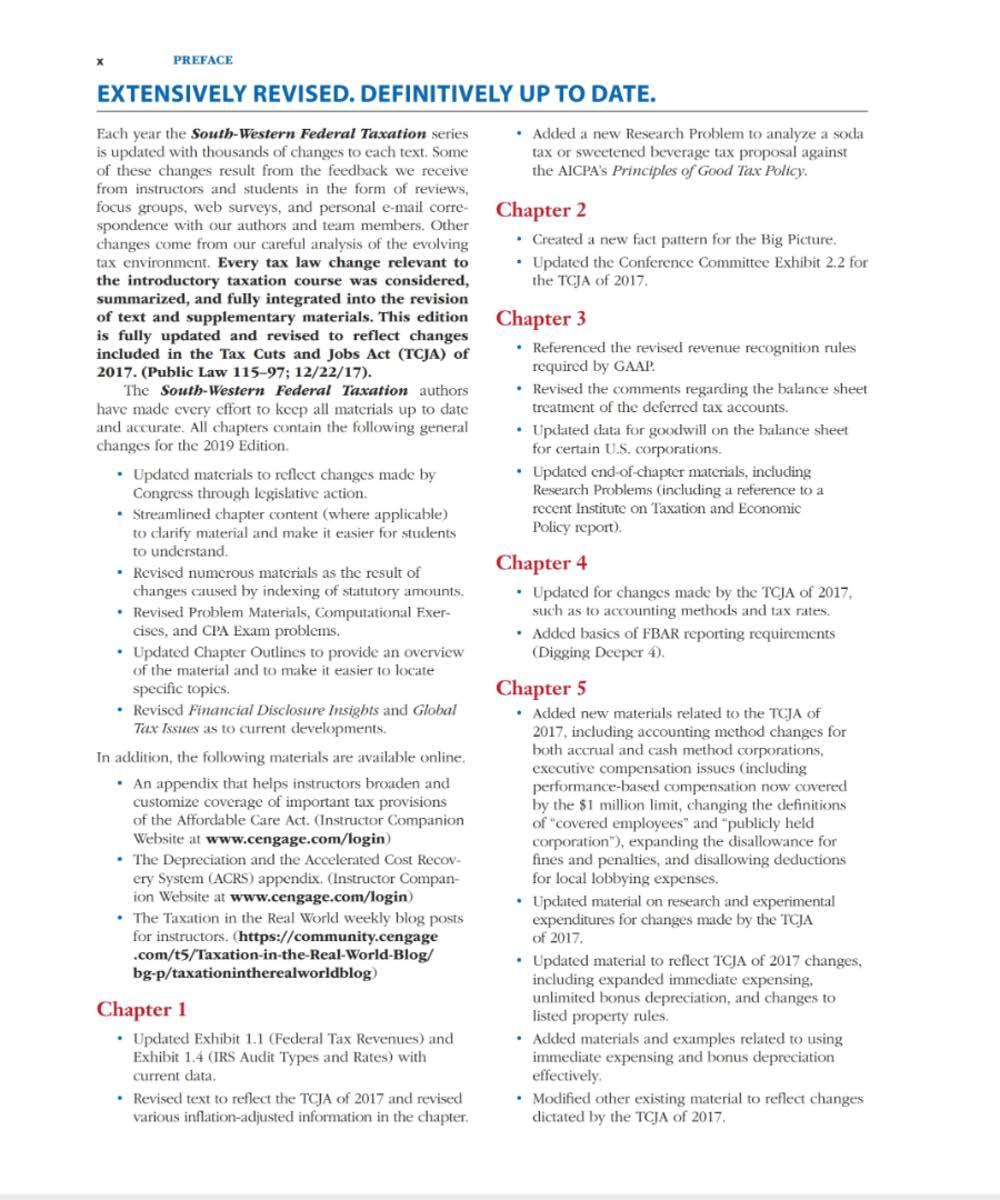
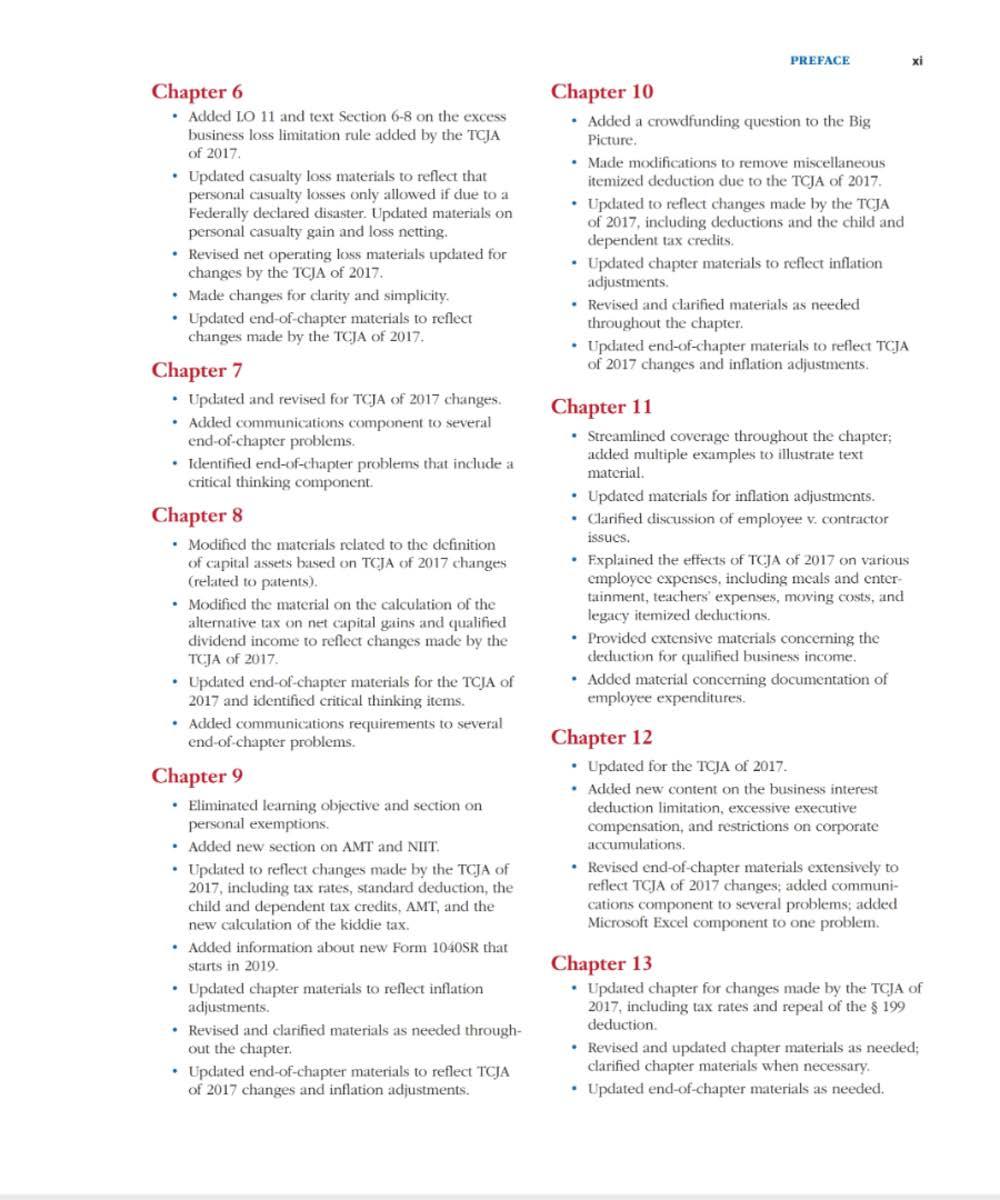
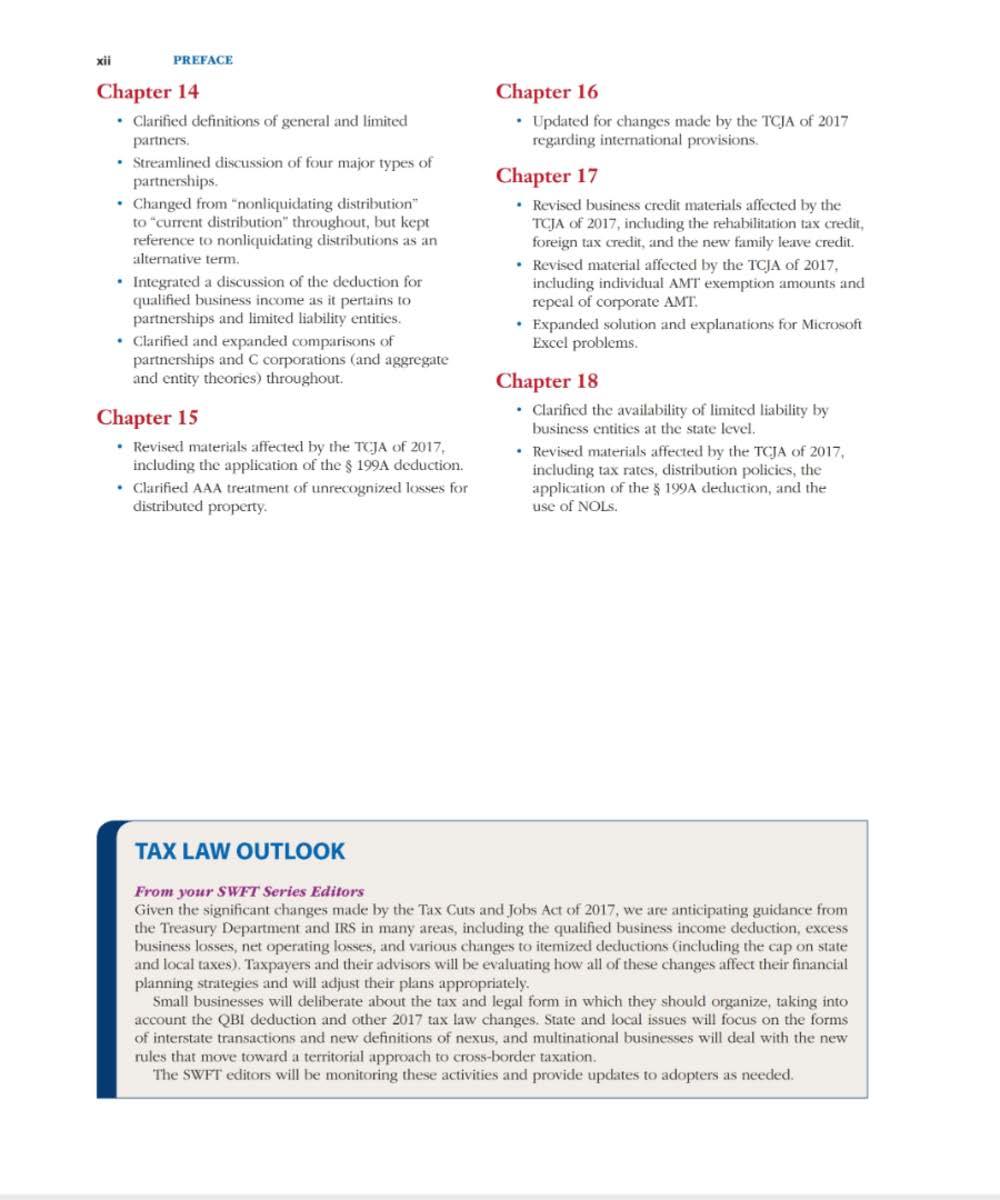
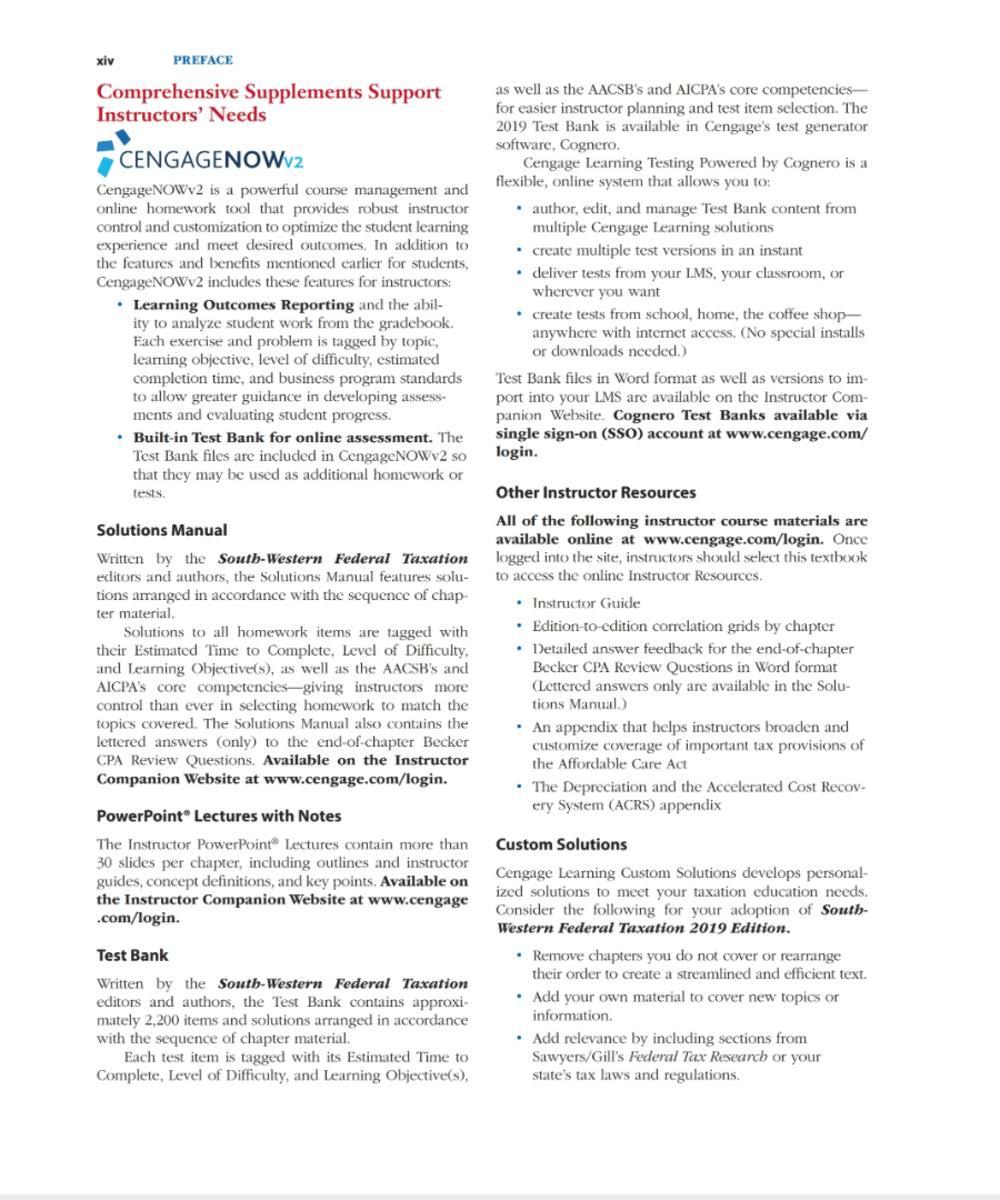
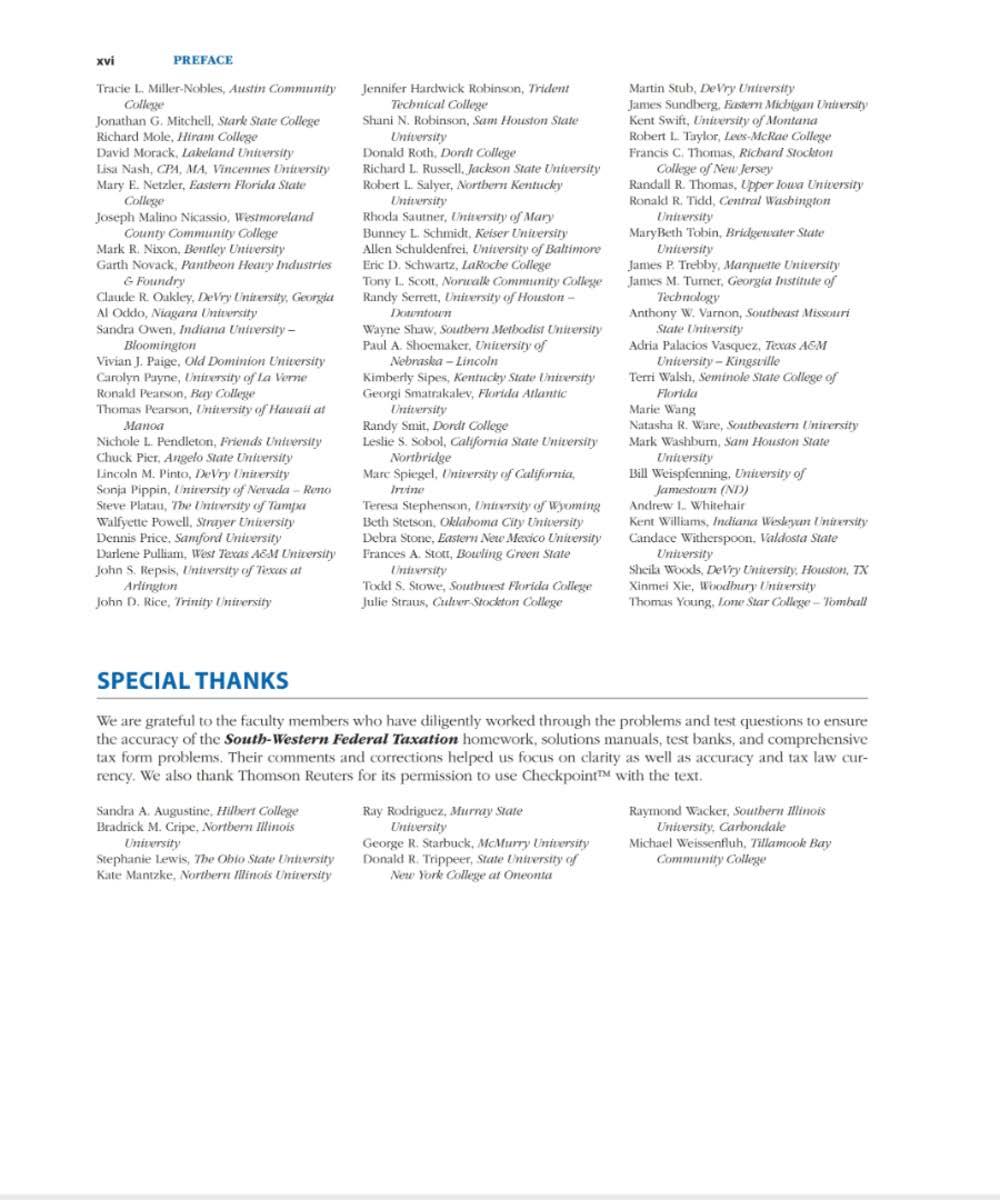

"Jump in the wagon, gal," said my new master, "jump in quick; I likes to see niggers active, none of your pokes 'bout me; but this will put sperit in 'em," and there was another defiant flourish of the whip.
I got in with as much haste and activity as I could possibly command. This appeared to please Mr. Peterkin, and he gave evidence of it by saying,—
"Well, that does pretty well; a few stripes a day, and you'll be a valerble slave;" and, getting in the vehicle himself, he ordered Nace to drive on "prettypeart," as night would soon overtake us.
Just as we were starting I perceived Josh, one of my playmates, running after us with a small bundle, shouting,—
"Here, Ann, you've lef' yer bundle of close."
"Stop, Nace," said Mr. Peterkin, "let's git the gal's duds, or I'll be put to the 'spence of gittin' new ones for her."
Little Josh came bounding up, and, with an affectionate manner, handed me the little wallet that contained my entire wardrobe. I leaned forward, and, in a muffled tone, but with my whole heart hanging on my lip, asked Josh "how is mother?" but a cut of Nace's whip, and a quick "gee-up," put me beyond the hearing of the reply. I strained my eyes after Josh, to interpret the motion of his lips.
In a state of hopeless agony I sat through the remainder of the journey. The coarse jokes and malignant threats of Mr. Peterkin were answered with laughing and dutiful assent by the veteran Nace. I tried to deceive my persecutors by feigning sleep, but, ah, a strong finger held my lids open, and slumber fled away to gladden lighter hearts and bless brighter eyes.
on the floor in Polly's cabin; keep a good watch on her, that she don't try to run off."
"Needn't fear dat, Massa, for de bull-dog tear her to pieces if she 'tempt dat. By gar, I'd like to see her be for tryin' it;" and the old negro gave a fiendish laugh, as though he thought it would be rare sport.
Mr. Peterkin entered the handsome house, of which he was the rich and respected owner, whilst I, conducted by Nace, repaired to a dismal cabin. After repeated knocks at the door of this most wretched hovel, an old crone of a negress muttered between her clenched teeth, "Who's dar?"
"It's me, Polly; what you be 'bout dar, dat you don't let me in?"
"What for you be bangin' at my cabin? I's got no bisness wid you."
"Yes, but I's got bisness wid you; stir yer ole stumps now."
"I shan't be for troublin' mysef and lettin' you in my cabin at dis hour ob de night-time; and if you doesn't be off, I'll make Massa gib you a sound drubbin' in de mornin'."
"Ha, ha! now I'm gots you sure; for massa sends me here himsef."
This was enough for Polly; she broke off all further colloquy, and opened the door instantly.
The pale moonlight rested as lovingly upon that dreary, unchinked, rude, and wretched hovel, as ever it played over the gilded roof and frescoed dome of ancient palaces; but ah, what squalor did it not reveal! There, resting upon pallets of straw, like pigs in a litter, were groups of children, and upon a rickety cot the old woman reposed her aged limbs. How strange, lonely, and forbidding appeared that tenement, as the old woman stood in the doorway, her short and scanty kirtles but poorly concealing her meagre limbs. A dark, scowling countenance looked out from under a small cap of faded muslin; little bleared eyes glared upon me, like the red light of a
who has violated that divine rule, "Do unto others as you would have them do unto you," will stand with a fearful accountability before the Supreme Judge. Then will there be loud cries and lamentations, and a wish for the mountains to hide them from the eye of Judicial Majesty.
The next morning I rose with the dawn, and sitting upright upon my pallet, surveyed the room and its tenants. There, in comfortless confusion, upon heaps of straw, slumbered five children, dirty and ragged. On the broken cot, with a remnant of a coverlet thrown over her, lay Aunt Polly. A few broken stools and one pine box, with a shelf containing a few tins, constituted the entire furniture.
"And this wretched pen is to be my home; these dirty-looking children my associates." Oh, how dismal were my thoughts; but little time had I for reflection. The shrill sound of a hunting-horn was the summons for the servants to arise, and woe unto him or her who was found missing or tardy when the muster-roll was called. Aunt Polly and the five children sprang up, and soon dressed themselves. They then appeared in the yard, where a stout, athletic man, with full beard and a dull eye, stood with whip in hand. He called over the names of all, and portioned out their daily task. With a smile more of terror than pleasure, they severally received their orders. I stood at the extremity of the range. After disposing of them in order, the overseer (for such he was) looked at me fiercely, and said:
"Come here, gal."
With a timid step, I obeyed.
"What are you fit for? Not much of anything, ha?" and catching hold of my ear he pulled me round in front of him, saying,
"Well, you are likely-looking; how much work can you do?"
I stammered out something as to my willingness to do anything that was required of me. He examined my hands, and concluding from their dimensions that I was best suited for house-work, he bade me
Instantly they cowered down beside Amy, still peeping over her shoulder, to get a better view of me. With a very uneasy feeling I seated myself upon the broken stool, to which Aunt Polly pointed. One of the boldest of the children came up to me, and, slyly touching my dress, said, "tag," then darted off to her hiding-place, with quite the air of a victress. Amy made queer grimaces at me. Every now and then placing her thumb to her nose, and gyrating her finger towards me, she would drawl out, "you ka-n-t kum it." All this was perfect jargon to me; for at home, though we had been but imperfectly protected by clothing from the vicissitudes of seasons, and though our fare was simple, coarse, and frugal, had we been kindly treated, and our manners trained into something like the softness of humanity. There, as regularly as the Sunday dawned, were we summoned to the house to hear the Bible read, and join (though at a respectful distance) with the family in prayer. But this I subsequently learned was an unusual practice in the neighborhood, and was attributed to the fact, that my master's wife had been born in the State of Massachusetts, where the people were crazy and fanatical enough to believe that "niggers" had souls, and were by God held to be responsible beings.
The loud blast of the horn was the signal for the "hands" to suspend their labor and come to breakfast. Two negro men and three women rushed in at the door, ravenous for their rations. I looked about for the table, but, seeing none, concluded it had yet to be arranged; for at home we always took our meals on a table. I was much surprised to see each one here take a slice of fat bacon and a pone of bread in his or her hand, and eat it standing.
"Well," said one man, "I'd like to git a bit more bread."
"You's had your sher," replied Aunt Polly. "Mister Jones ses one slice o' meat and a pone o' bread is to be the 'lowance."
"I knows it, but if thar's any scraps left from the house table, you wimmin folks always gits it."
"Hold, black wretches, come, I will give you a leetle fun; off now to the post."
Then such appeals for mercy, promises of amendment, entreaties, excuses, &c., as the two women made, would have touched a heart of stone; but Jones had power to resist even the prayers of an angel. To him the cries of human suffering and the agony of distress were music. My heart bled when I saw the two victims led away, and I put my hands to my ears to shut out the screams of distress which rang with a strange terror on the morning air. Poor, oppressed African! thorny and rugged is your path of life! Many a secret sigh and bleeding tear attest your cruel martyrdom! Surely He, who careth alike for the high and the low, looks not unmoved upon you, wearing and groaning beneath the pressing burden and galling yoke of a most inhuman bondage. For you there is no broad rock of Hope or Peace to cast its shadow of rest in this "weary land." You must sow in tears and reap in sorrow. But He, who led the children of Israel from the house of bondage and the fetters of captivity, will, in His own inscrutable way, lead you from the condition of despair, even by the pillar of fire and the cloud. Great changes are occurring daily, old constitutions are tottering, old systems, fraught with the cruelty of darker ages, are shaking to their centres. Master minds are everywhere actively engaged. Keen eyes and vigilant hearts are open to the wrongs of the poor, the lowly and the outcast. An avenging angel sits concealed 'mid the drapery of the wasting cloud, ready to pour the vials of God's wrath upon a haughty and oppressive race. In the threatened famine, see we nothing but an accidental failure of the crops? In the exhausted coffers and empty public treasury, is there nothing taught but the lesson of national extravagance? In the virulence of disease, the increasing prevalence of fatal epidemics, what do we read? Send for the seers, the wise men of the nation, and bid them translate the "mysterious writing on the wall." Ah, well may ye shake, Kings of Mammon, shake upon your tottering throne of human bones! Give o'er your sports, suspend your orgies, dash down the jewelled cup of unhallowed joy, sparkling as it is to the very brim. You must pay, like him of old, the
